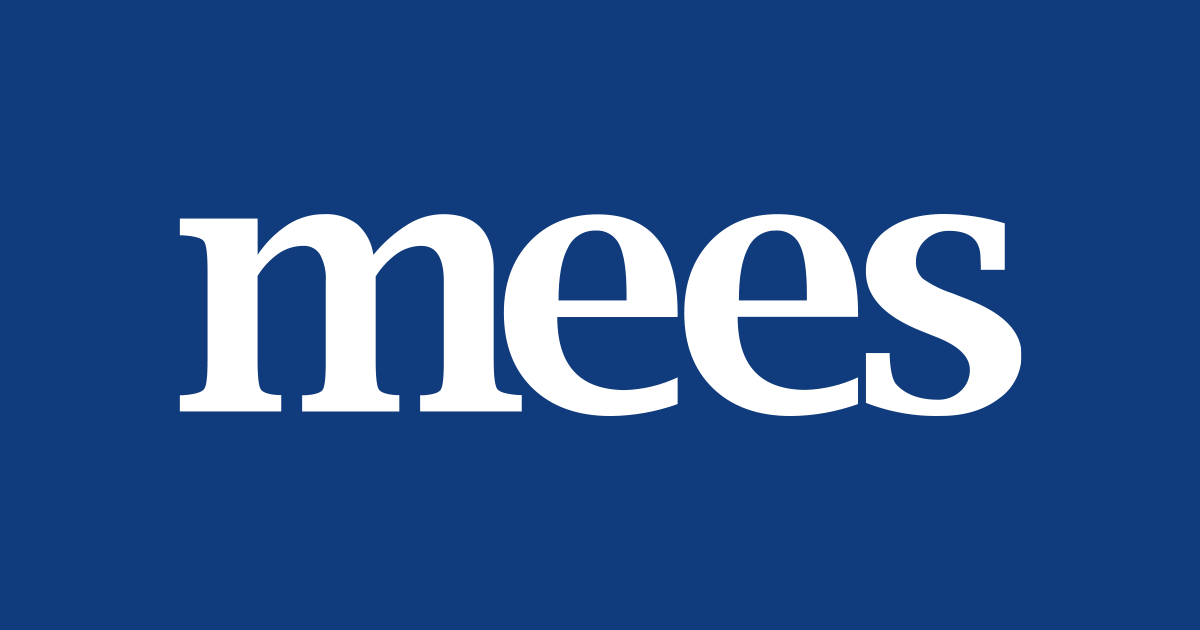3 Jan 2025 Issue: 68 / 1 By: Yesar Al-Maleki
US President-elect Donald Trump’s stated foreign policy priorities are characterized by isolationism. But, as with previous presidents, he is unlikely to be able to avoid being drawn into the Middle East’s volatile geopolitics. And here his administration is set to rely on relations with increasingly pragmatic Gulf policymakers.
When US president-elect Donald Trump takes the oath of office on 20 January, his new administration will find itself forced to deal with a dramatically changed Middle East. The 7 October 2023 Hamas attack on Israel has led to a series of seismic events, with the ousting of Syria’s Assad regime only the latest, and perhaps not the last (MEES, 13 December). As regional powers seek to shape the new political landscape, it will be hard for the US to stay aloof despite the preference of both Trump and his political base for an isolationist foreign policy.
The first Trump term saw him cultivate close ties with GCC leaderships – especially in Saudi Arabia and the UAE – but they will likely be more wary of his administration this time around. Memories of the lackluster US response to the 2019 Iran-backed attack on Saudi Aramco’s Abqaiq facility remain fresh, and Gulf states are increasingly willing to strike independent political stances. (CONTINUED – 2239 WORDS)
Read this article for free
Gain access to over 60-years of energy analysis and news
-
Delve into the details backed by data
-
Exclusive information from high-level officials
-
Assess future risks and opportunities
Subscribe Now or Login to get full access to this article
